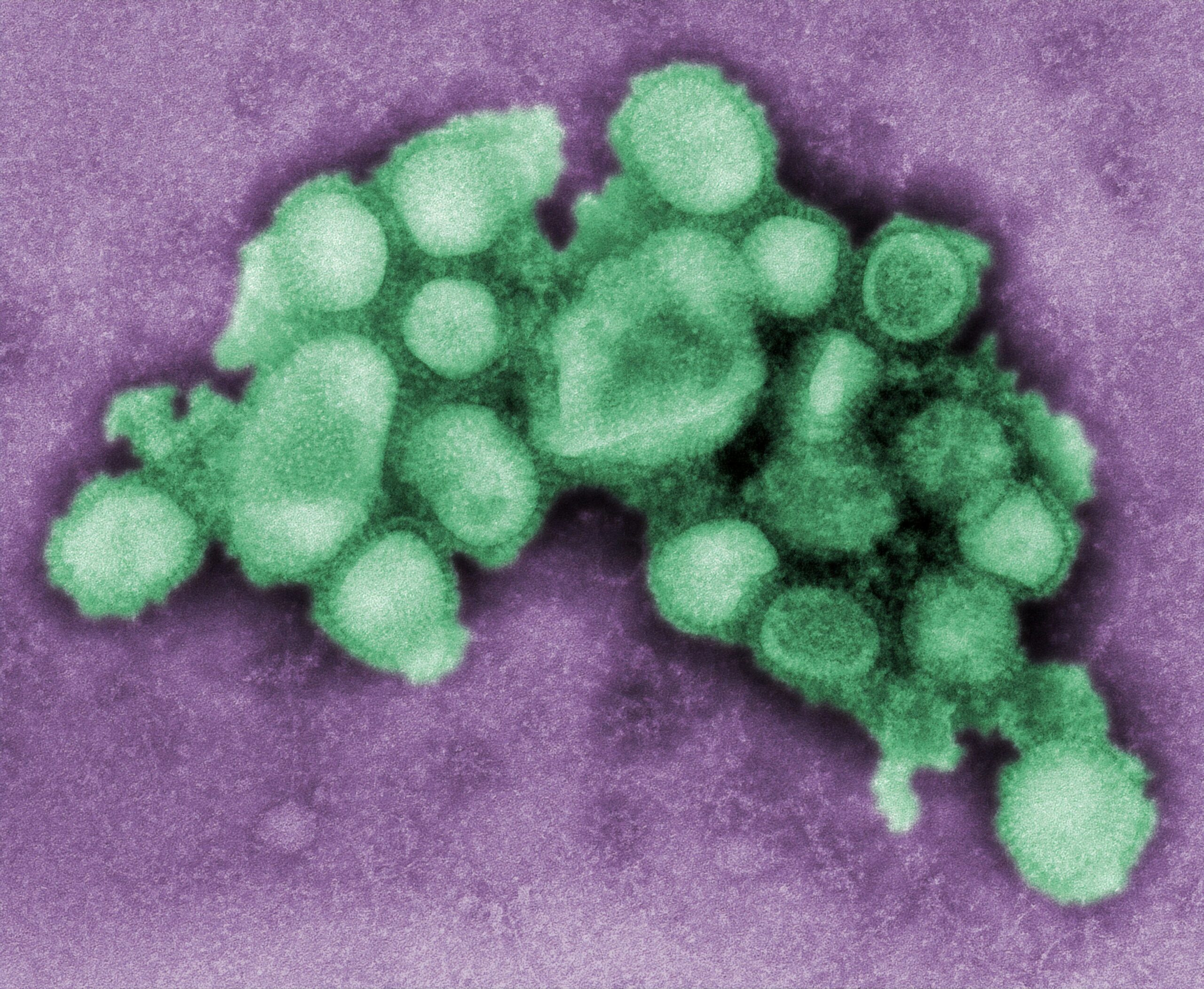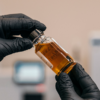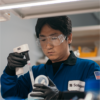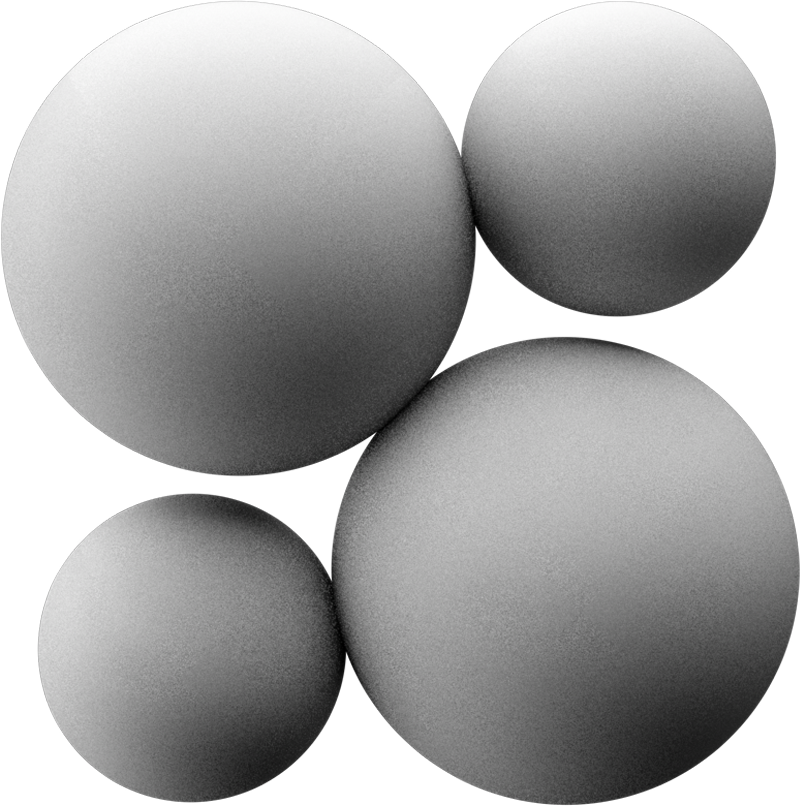Synthetic biology is a new branch of biology that uses combinations of genetic engineering, biochemistry, and molecular biology to create new artificial biological systems and organisms. It has been emerging in the scientific research community and is expected to revolutionize genetic engineering.
The word “synthetic” in biology usually refers to any organism which has been engineered by humans, often for research purposes.
The history of synthetic biology can be traced back to the 1940s when genetic engineering was first developed. It was then developed further in the 1950s when scientists discovered how to cut DNA molecules. The next milestone for this technology occurred in 1973 when scientists were able to clone bacteria cells by transferring their DNA into other bacterial cells.
The first major breakthrough in synthetic biology was the development of recombinant DNA. This discovery led to the creation of human insulin. It also paved the way for new scientific discoveries like gene mapping, cloning, and testing.
Despite its infancy, synthetic biology has already generated a number of products that are being used today: DNA tests for food-borne pathogens; improved herbicides; more efficient biofuels; faster-growing crops; new vaccines for HIV, flu, malaria, and other diseases; bacteria that can break down oil spills or convert ethanol into gasoline (and so on).

Synthetic biology has a wide range of applications, from engineering bacteria to produce useful bio-products, to designing microscopic sensors for environmental monitoring.
The future of synthetic biology is promising. The research in this field may help solve many problems that we have today, such as the problem of access to food and water for a growing population or reducing our dependency on fossil fuels. We will be able to design living organisms for specific purposes and use them in various industries such as medicine, agriculture, and biofuel production.
The future of synthetic biology is ever-changing and developing. With the recent advances in gene-editing technologies, there are more possibilities than ever for synthetic biologists to create new biological systems.
At Solugen, we’ve made scalable synthetic biology a reality, and now we’re bringing high performing, cost competitive, carbon-negative products to the whole world.








